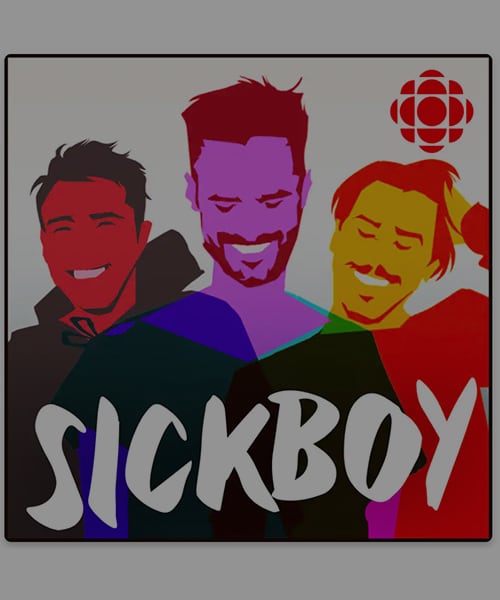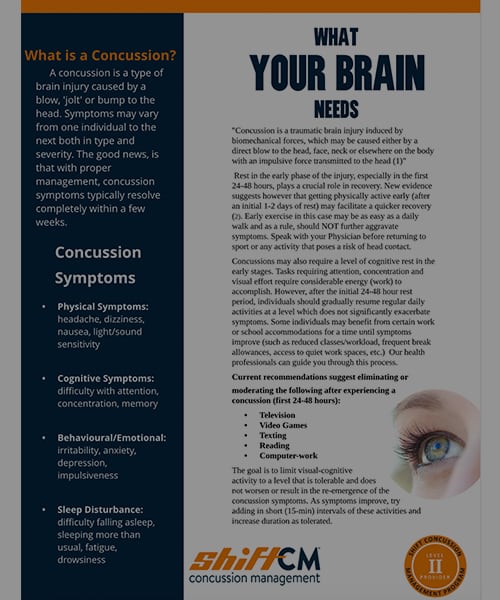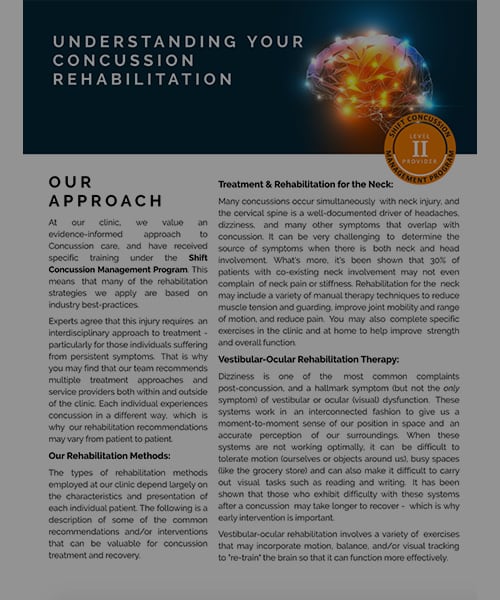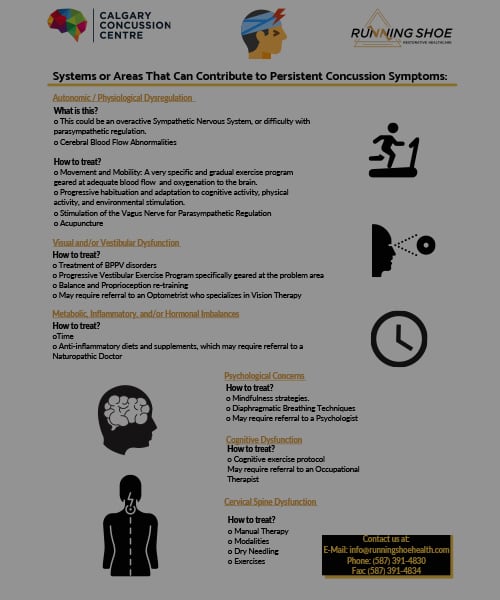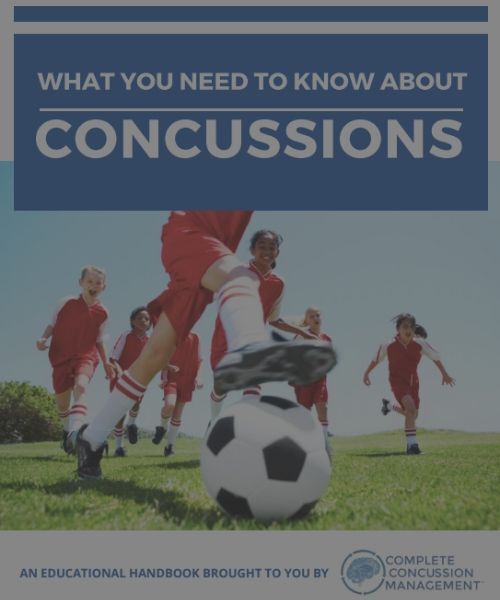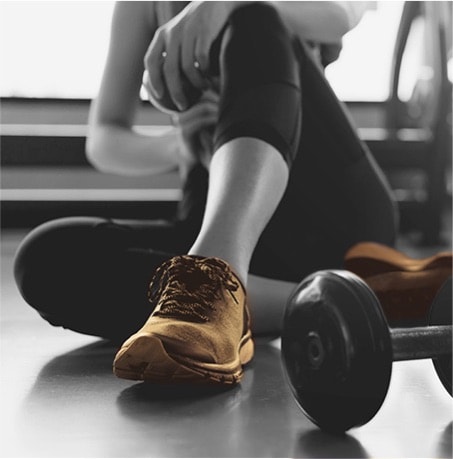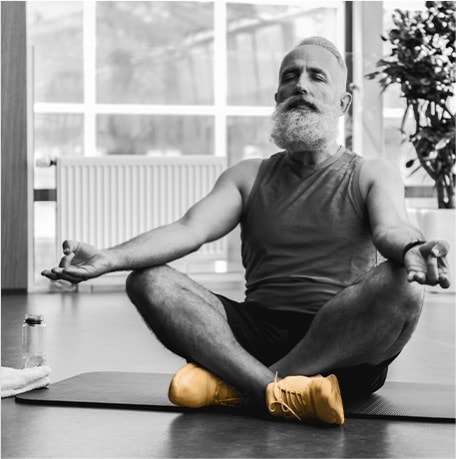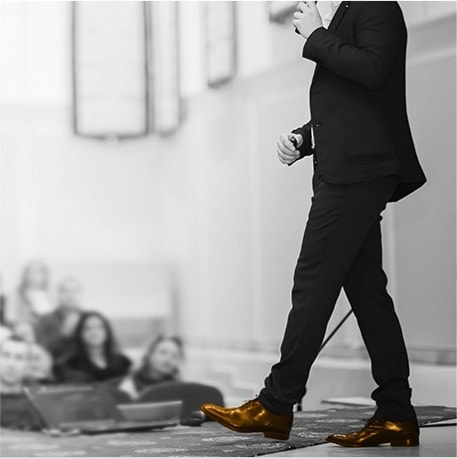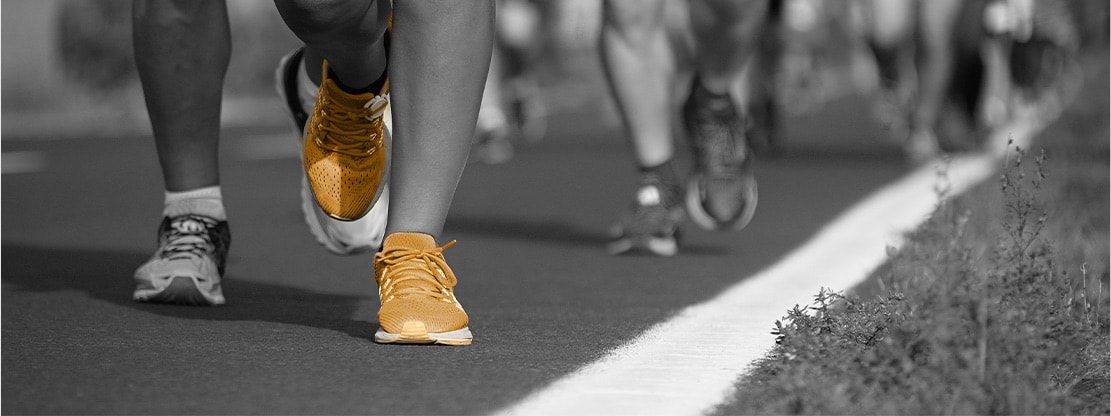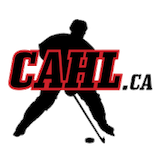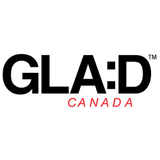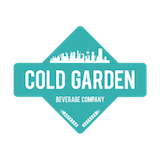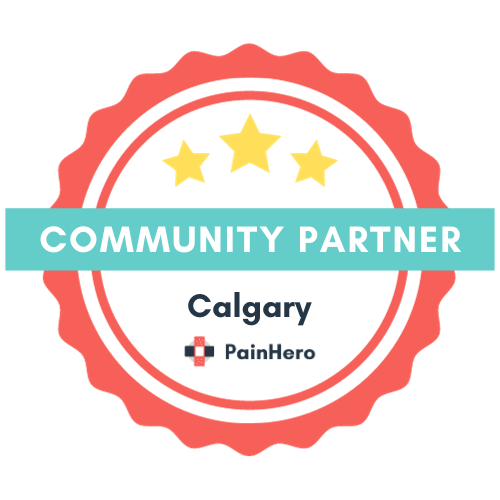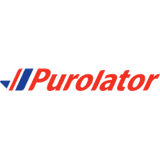Baseline testing is commonly used for athletes who play sports with a high risk of concussion, like hockey or football; or for workers in heavy labor-type jobs.
We administer a battery of tests at the start of the season to provide an overview of current brain function, before a concussion even occurs. That way, if/when a concussion does happen, we have a baseline to compare to, to understand severity of the deficits sustained. The test involves both physical and neurocognitive tests.
In order to do test most fully and effectively, we have partnered with ImPACT – an FDA-cleared tool for baseline testing which we use to measure visual and verbal memory, reaction time, and processing speed. Additionally, baseline testing at the Calgary Concussion Centre will measure neck function, vestibular system, concentration, visual tracking, balance & sway, and motor strength.
Knowing what your baseline level of function is prior to an injury allows for us to have a clear goal of where we need to get you back to, following injury. This allows us to determine when one can safely return to activity or sport.

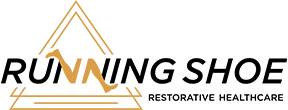

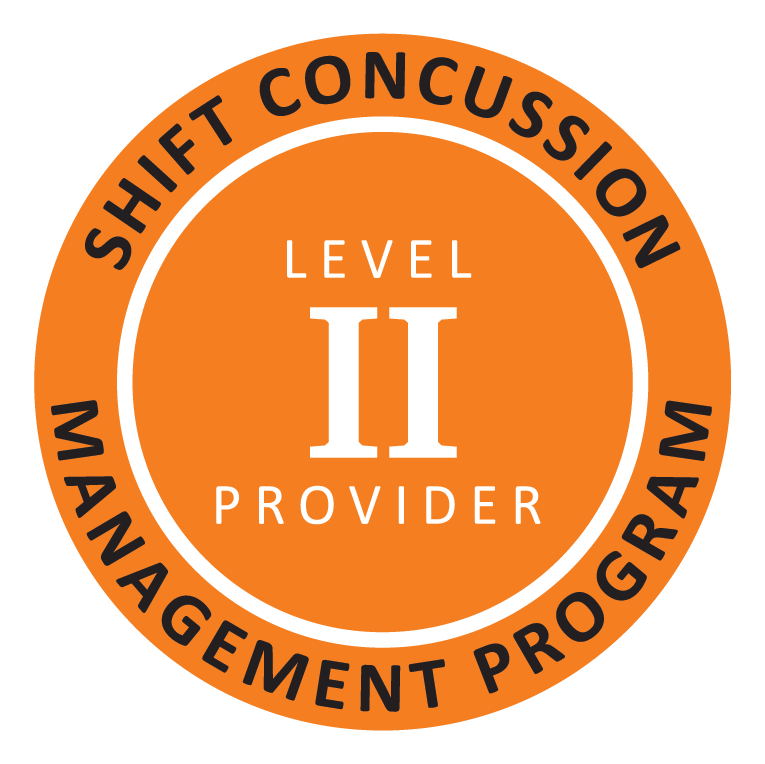 Running Shoe Restorative Health is a
Running Shoe Restorative Health is a 